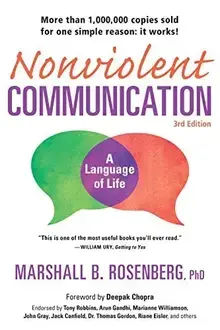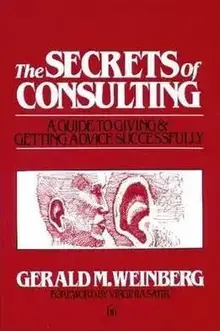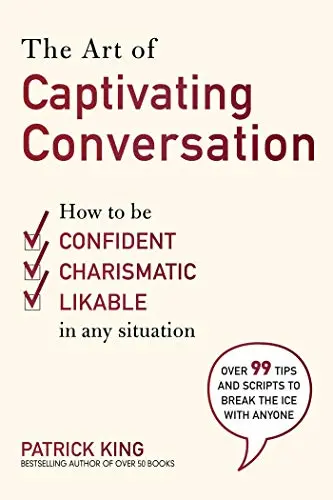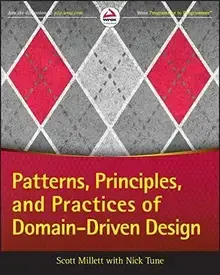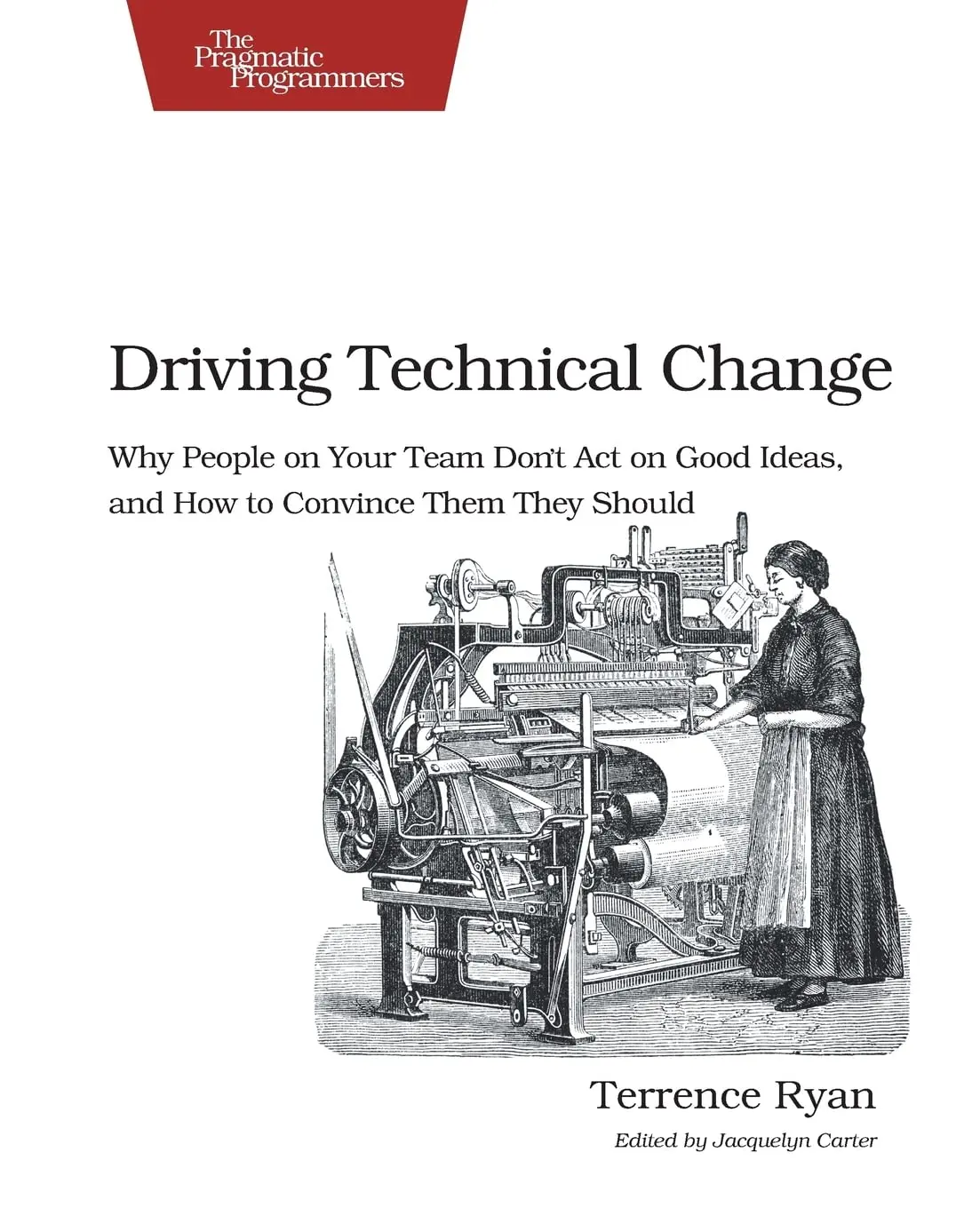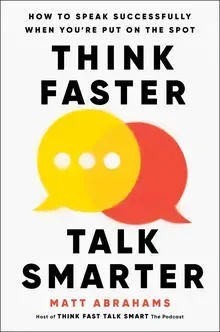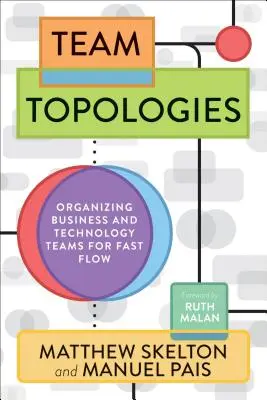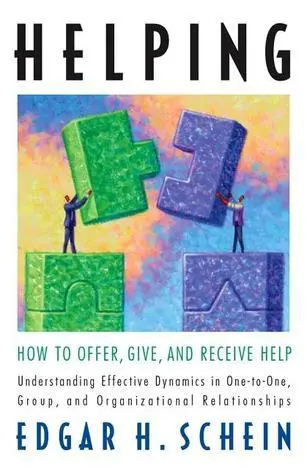Communication
Below is an overview of content that matches the tag "communication".
Note that this list is not exhaustive, as it is automatically aggregated based on manually assigned categorizations.
If you notice a missing element, or think some of the items are wrongfully categorized, please create a bug/improvement ticket on our github issue tracker.
Books tagged with "Communication"
Nonviolent Communication
A Language of Life
Rosenberg, M. B. (2015) Nonviolent Communication. PuddleDancer Press. isbn: 978-1892005281.
Nonviolent Communication teaches empathic dialogue that surfaces needs without judgement or blame. Rosenberg encourages beginning with compassionate self-talk, then expressing observations, feelings, needs, and requests clearly. The sentence structures may feel formal at first, yet with practice the approach becomes a practical way to build understanding in everyday conversations.
Agile Conversations
Transform Your Conversations, Transform Your Culture
Squirrel, D.; Fredrick, J. (2020) Agile Conversations. IT Revolution Press. isbn: 1942788975.
Agile Conversations starts from the idea that every organisational bottleneck is a conversation problem. Drawing on their Troubleshooting Agile coaching work, Jeffrey Fredrick and Douglas Squirrel offer five dialogue formats that surface assumptions, align intent, and rebuild trust. The techniques target software leaders yet apply to any team that needs candid, outcome-oriented conversations.
The Secrets of Consulting
A Guide to Giving and Getting Advice Successfully
Weinberg, G. M. (1985) The Secrets of Consulting. Dorset House Publishing. isbn: 0932633013.
Gerald Weinberg shares consulting stories that double as heuristics for giving advice clients can actually use. He distils principles such as diagnosing the real problem, pricing for credibility, and running safe-to-learn experiments before prescribing change. The vignettes balance humour with practical wisdom, making the lessons memorable for anyone who influences without formal authority.
Behind Closed Doors
Secrets of Great Management
Rothman, J.; Derby, E. (2005) Behind Closed Doors. The Pragmatic Bookshelf. isbn: 978-0976694021.
Behind Closed Doors follows interim manager Sam as he steadies a struggling team and rebuilds trust. Johanna Rothman and Esther Derby show how purposeful one-on-ones, visual management, and timely feedback change the team’s trajectory. The narrative makes core management habits accessible and easy to adapt to your own context.
The Art of Captivating Conversation
How to Be Confident, Charismatic, and Likable in Any Situation
King, P. (2020) The Art of Captivating Conversation. Skyhorse. isbn: 1510729062.
Patrick King treats small talk as a learnable skill for building trust, influence, and connection. He offers tactics for opening conversations, sustaining curiosity, and reading social cues without sliding into manipulation. The advice is direct yet practical, aimed at readers who find casual conversation draining or awkward.
Patterns, Principles, and Practices of Domain-Driven Design
Implementing Domain-Driven Design in .NET
Millett, S.; Tune, N. (2015) Patterns, Principles, and Practices of Domain-Driven Design. Wrox. isbn: 1118714709.
Scott Millett and Nick Tune provide a comprehensive guide to applying domain-driven design within .NET ecosystems. They connect strategic patterns—bounded contexts, context mapping—with tactical constructs such as aggregates, domain services, and events. Depth and detailed examples make this a later-stage read for engineers ready to align code with business language across large systems.
Ryan, T. (2019) Driving Technical Change. The Pragmatic Bookshelf. isbn: 978-1934356609.
Driving Technical Change tackles the challenge technologists face when they see a better way forward but cannot get others onboard. Terrence Ryan profiles common resistance personas and shows how to package experiments, evidence, and storytelling for each audience. The guidance equips experienced developers to become thoughtful change agents who elevate their teams and organisations.
Abrahams, M. (2023) Think Faster, Talk Smarter. S&S/Simon Element. isbn: 978-1668010303.
Think Faster, Talk Smarter tackles the anxiety of answering on the spot during meetings, interviews, and presentations. Matt Abrahams blends improv exercises, message maps, and rehearsal techniques so speakers can organise thoughts quickly without freezing. The guidance is approachable for anyone who wants clearer, more confident spontaneous communication—not just formal presenters.
Team Topologies
Organizing Business and Technology Teams for Fast Flow
Skelton, M.; Pais, M. (2019) Team Topologies. It Revolution Press. isbn: 9781942788829.
Team Topologies evolves DevOps topology work into a practical playbook for structuring teams and interactions. Matthew Skelton and Manuel Pais describe four fundamental team types and three interaction modes designed to improve flow and reduce cognitive load. Case studies show how intentional boundaries and communication paths accelerate delivery in complex organisations.
Developing Technical Training
A Structured Approach for Developing Classroom and Computer-based Instructional Materials
Clark, R. C. (2007) Developing Technical Training. Pfeiffer. isbn: 978-0787988463.
Developing Technical Training provides a structured approach to designing instructor-led and computer-based programmes that change behaviour. Ruth Colvin Clark walks through analysis, design, development, implementation, and evaluation with checklists, templates, and case studies. It remains a reliable reference for instructional designers who need repeatable processes and engaging materials.
Helping
How to Offer, Give, and Receive Help
Schein, E. H. (2011) Helping. Berrett-Koehler Publishers. isbn: 978-1605098562.
Helping examines the dynamics between the helper and the person receiving support, emphasising humility and curiosity. Edgar H. Schein outlines different modes of help—from expert advice to process consulting—and explains when each builds trust or creates dependence. The guidance helps coaches, managers, and teammates offer support without disempowering others.
